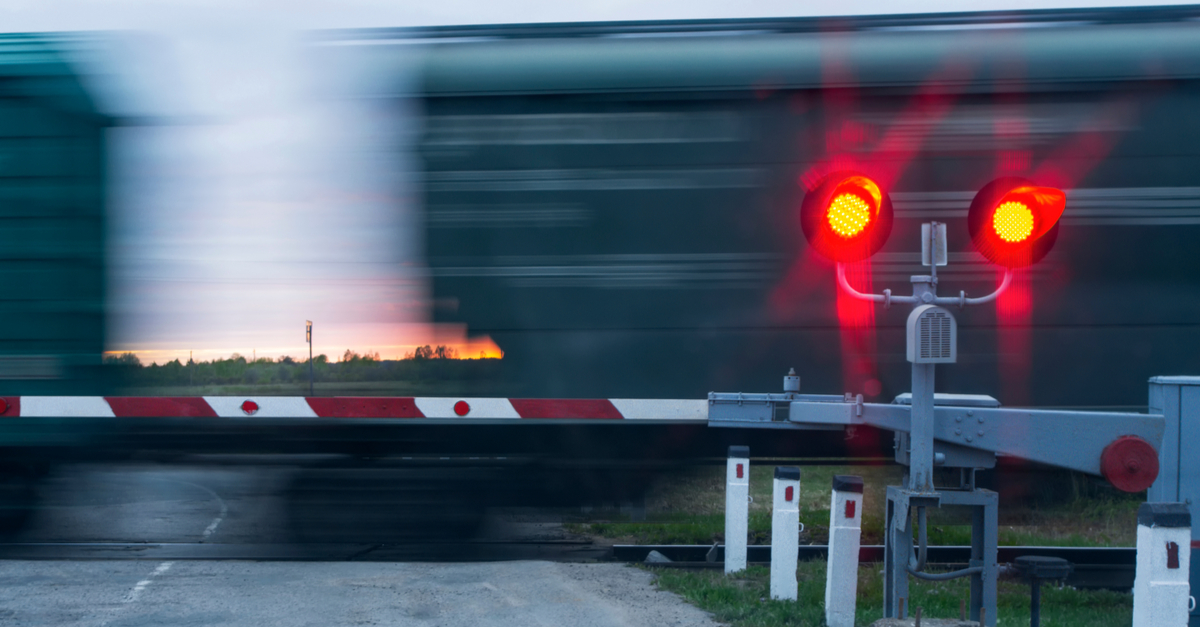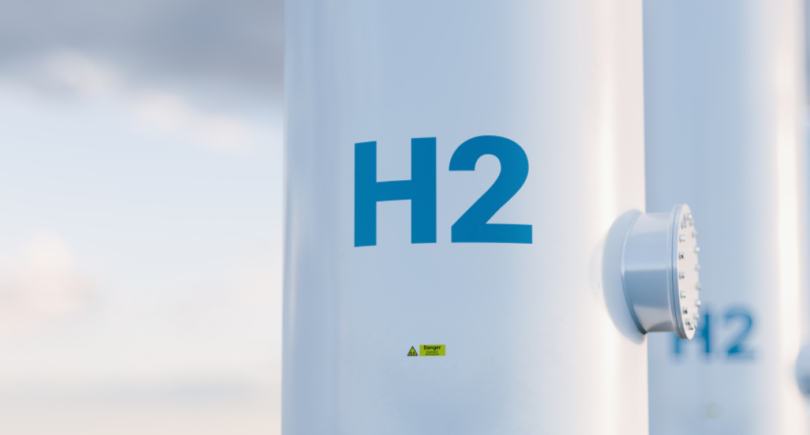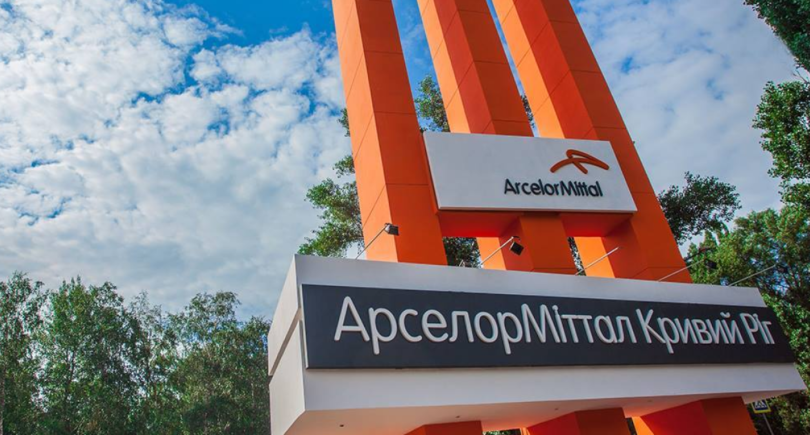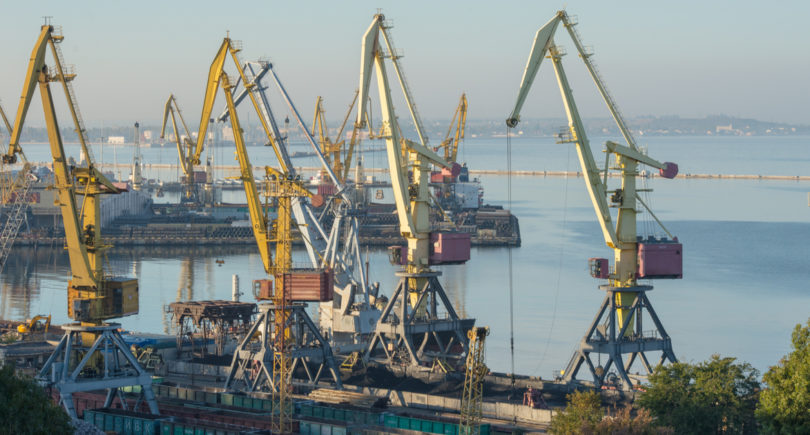
News Infrastructure Ukrzaliznytsia 766 04 September 2023
The funds will be directed to the design, construction, modernization, repair of infrastructure and the development of freight traffic
Ukrainian Railways (UZ) will be able to receive €100 million in loans from the European Investment Bank (EIB) for the development of infrastructure and freight traffic. The corresponding resolution was adopted by the Cabinet of Ministers of Ukraine on September 1. This is stated in the railway operator’s press release.
The funds are planned to be directed to the design, restoration of construction, modernization, improvement, repair of facilities, engineering and transport railway infrastructure, as well as the acquisition of fixed assets for the development of railway freight traffic.
“Between Ukraine and the EIB, back in 2016, an agreement was signed on a railway modernization project. However, in the conditions of hostilities in Ukraine, the railway infrastructure is being destroyed, production volumes, trade flows are reduced and, as a result, the volume of UZ’s main business, freight traffic, is reduced, which leads to a shortfall in cash receipts for the company,” the report says.
The Ministry of Development of Communities, Territories and Infrastructure, at the suggestion of UZ, initiated the restructuring of the relevant project. In addition, a letter was signed between the EIB and Ukraine waiving some of the terms of the financial agreement for the project, which allows the funds to be directed in full to provide a loan to Ukrainian Railways to ensure the smooth functioning of the railway.
As GMK Center reported earlier, Ukrainian Railways will receive $25 million by World Bank funding to repair critical infrastructure and increase freight traffic. To implement the grant, UZ begins cooperation with the United Nations Office for Project Services – UNOPS, the corresponding agreement was signed in Kyiv in May this year.
In addition, UZ expects receiving grants from the EU as part of the Connecting Europe Facility (CEF) financial instrument for the development of border crossings with Poland, Romania, Slovakia and Hungary.




